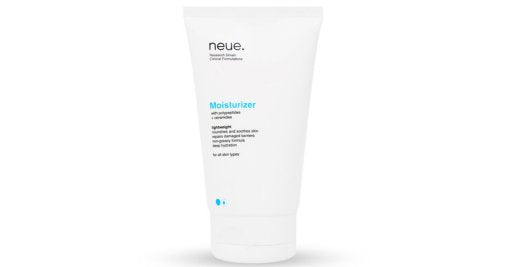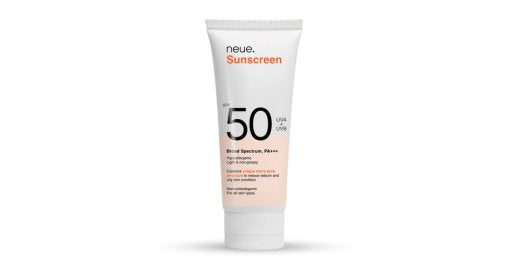UV Rays: Distinguishing Between Acute and Chronic Effects - A Look at DNA Damage and Skin Protection
Ultraviolet (UV) rays have both short-term and long-term effects on the skin, similar to tanning and sunburns, which are transient, while skin cancer and DNA damage are enduring consequences.
Exposure to UV rays induces chemical changes that modify the DNA structure. This happens because DNA selectively absorbs UV radiation, primarily in the UV-B and UV-C regions. Although only a small fraction of absorbed photons damages the absorption, it leads to direct DNA damage known as pyrimidine dimers and thymine. The DNA's absorption spectrum demonstrates high absorption for UVB radiations and low for UVB radiations.
Fortunately, our cells possess efficient repair mechanisms, making it challenging for permanent damage to occur. Nevertheless, if extensive DNA damage occurs, it can result in significant issues like cancer, which can also be inherited by subsequent generations.
Considering that DNA holds crucial instructions for our body's proper functioning, any damage can disrupt these instructions and affect our overall health. Hence, raising awareness about the detrimental effects of UV rays is essential. Sunscreens and sunblock lotions play a crucial role in shielding us from these harmful rays.
By taking precautions and protecting our skin from harmful UV rays with SPF 50 gel sunscreen, we can safeguard ourselves from potential long-term effects like DNA damage and skin cancer.


